Are Organic Fruits And Vegetables Healthier
Friday, February 16, 2024
Edit
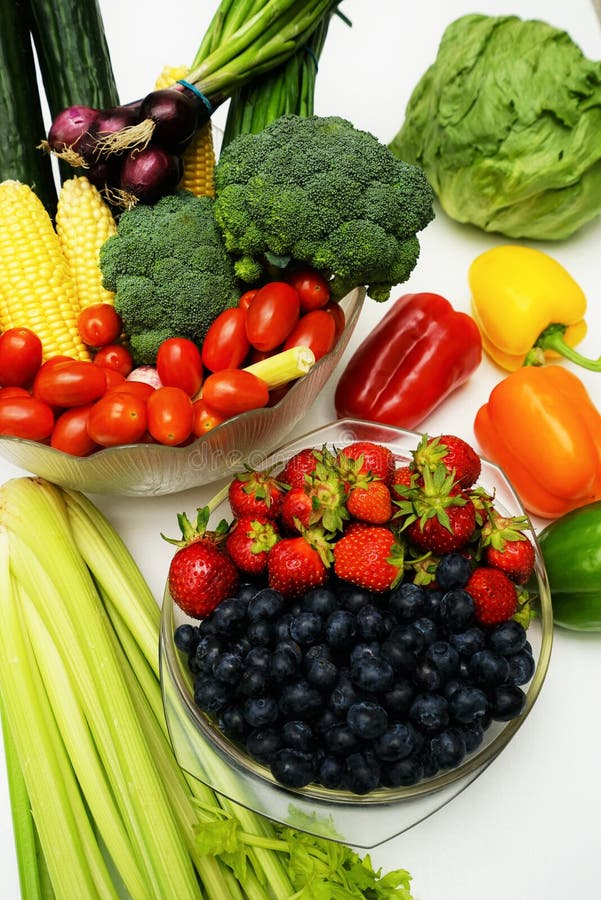
Are Organic Fruits And Vegetables Healthier?
Organic Fruits and Vegetables: What Are They?
Organic fruits and vegetables are grown without the use of synthetic chemicals such as pesticides, herbicides and fertilizers. Organic produce is grown using natural methods such as composting, cover crops, crop rotation and beneficial insects. These methods help to protect the environment and promote the health of the soil and the plants that are grown in it. Organic produce is also often grown using sustainable farming practices, which means the farms are managed in a way that protects the health of the environment and the people who work in it.
Are Organic Fruits and Vegetables Healthier?
The answer to this question is not a simple yes or no. There are many factors to consider when deciding whether organic produce is healthier than conventional produce. For example, organic produce is often free from synthetic chemicals, which can be harmful to human health. Organic produce is also generally grown in more sustainable ways, which can result in healthier soils, fewer greenhouse gas emissions and better overall environmental health.
On the other hand, organic produce is often more expensive than conventional produce and may not be available in all areas. Furthermore, organic produce may contain fewer nutrients than conventionally grown produce depending on the soil conditions, farming methods and growing conditions. It is also important to note that organic certification does not necessarily guarantee that a product is healthier than conventional produce.
What Are the Benefits of Eating Organic Fruits and Vegetables?
Eating organic fruits and vegetables may offer several health benefits. Organic produce is often free from synthetic chemicals, which can be harmful to human health if consumed in large quantities. Organic produce is also grown using sustainable farming practices, which means the farms are managed in a way that protects the health of the environment and the people who work in it. Furthermore, organic produce may contain higher levels of nutrients, such as vitamins and minerals, than conventionally grown produce depending on the soil conditions, farming methods and growing conditions.
What Are the Drawbacks of Eating Organic Fruits and Vegetables?
Eating organic fruits and vegetables may have some drawbacks. Organic produce is often more expensive than conventional produce and may not be available in all areas. Additionally, organic certification does not necessarily guarantee that a product is healthier than conventional produce. In some cases, organic produce may contain fewer nutrients than conventionally grown produce depending on the soil conditions, farming methods and growing conditions.
What Are the Best Ways to Buy Organic Fruits and Vegetables?
The best way to buy organic fruits and vegetables is to shop at farmers markets or farm stands. These markets often sell locally grown organic produce that is fresher and more nutrient-dense than conventional produce. Additionally, you can look for organic produce at grocery stores, health food stores and online retailers. When shopping for organic produce, look for the U.S. Department of Agriculture (USDA) organic label or the organic seal from a third-party certifying agency.
Conclusion
In conclusion, organic fruits and vegetables may offer several health benefits, such as being free from synthetic chemicals and containing higher levels of nutrients than conventionally grown produce. However, organic produce is often more expensive than conventional produce and may not be available in all areas. Additionally, organic certification does not necessarily guarantee that a product is healthier than conventional produce. The best way to buy organic fruits and vegetables is to shop at farmers markets or farm stands, or look for organic produce at grocery stores, health food stores and online retailers.
Healthy Organic Fruits and Vegetables Stock Photo - Image of fruits

Organic Fruits and Vegetables Stock Photo - Image of kohlrabi, healthy
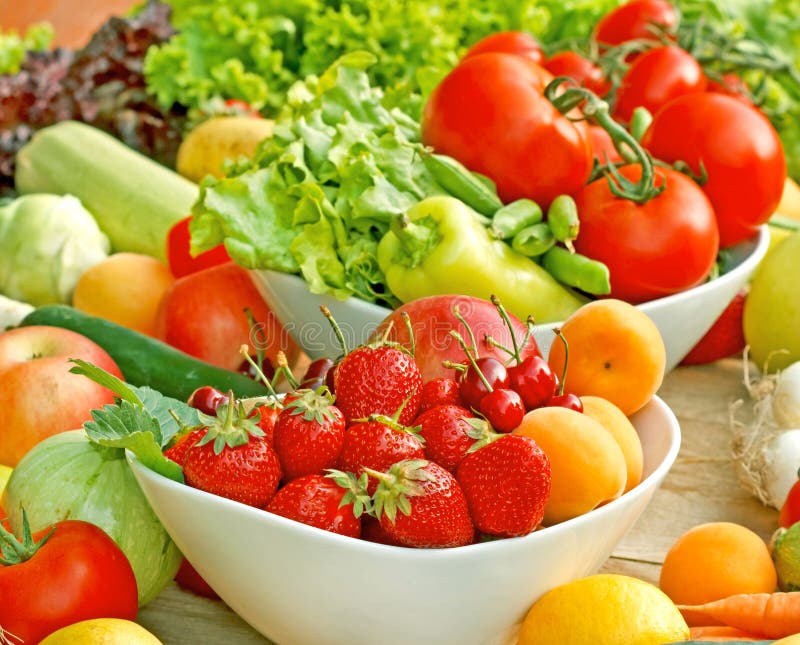
Healthy Organic Fruits and Vegetables Stock Photo - Image of fruits

Organic Fruits and Vegetables Give Health
7 Reasons To Eat Organic Fruit and Vegetables - Live Love Fruit
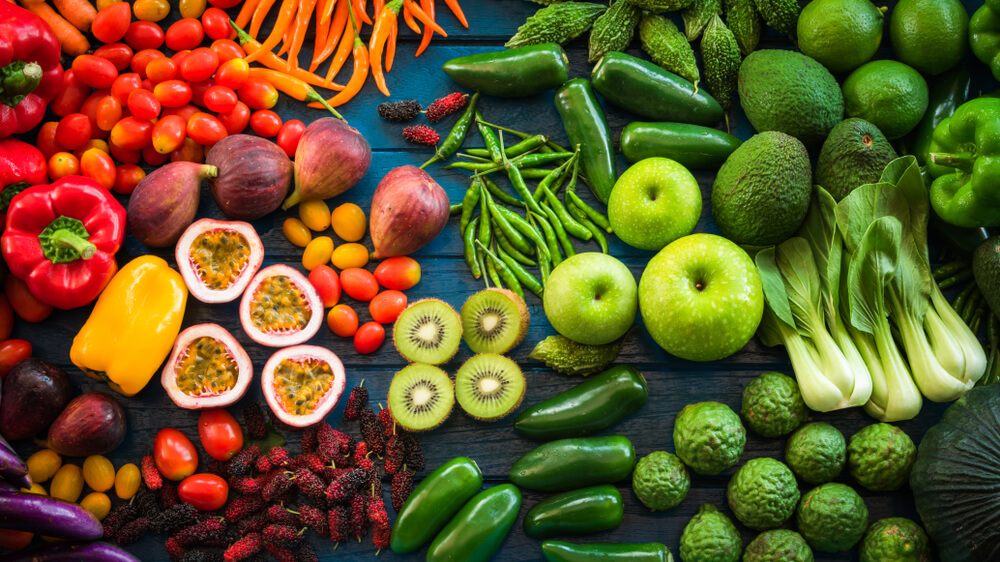
Fresh Organic Fruits and Vegetables Stock Photo - Image of healthyfood
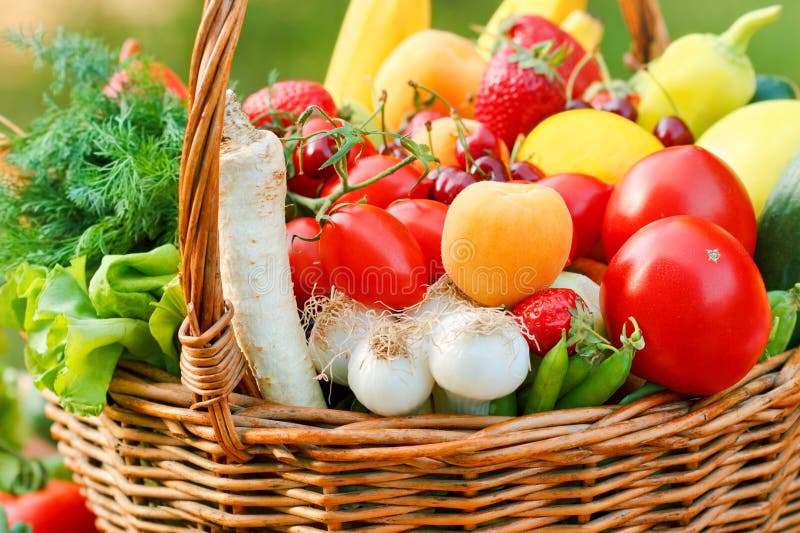
Organic, all Natural, what's the Buzz?
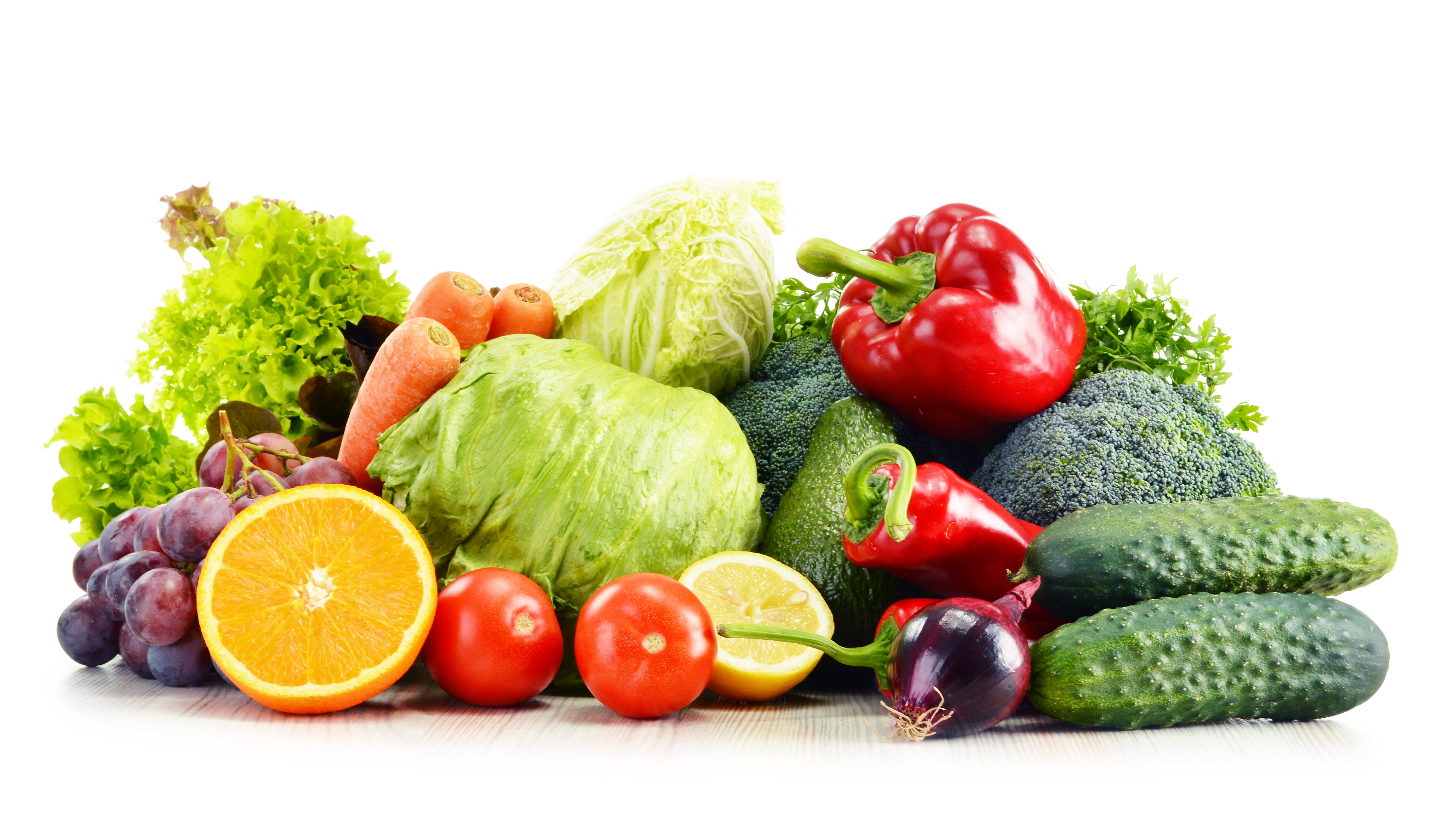
Fruits And Vegetables: Super-food Secrets For A Healthy Life
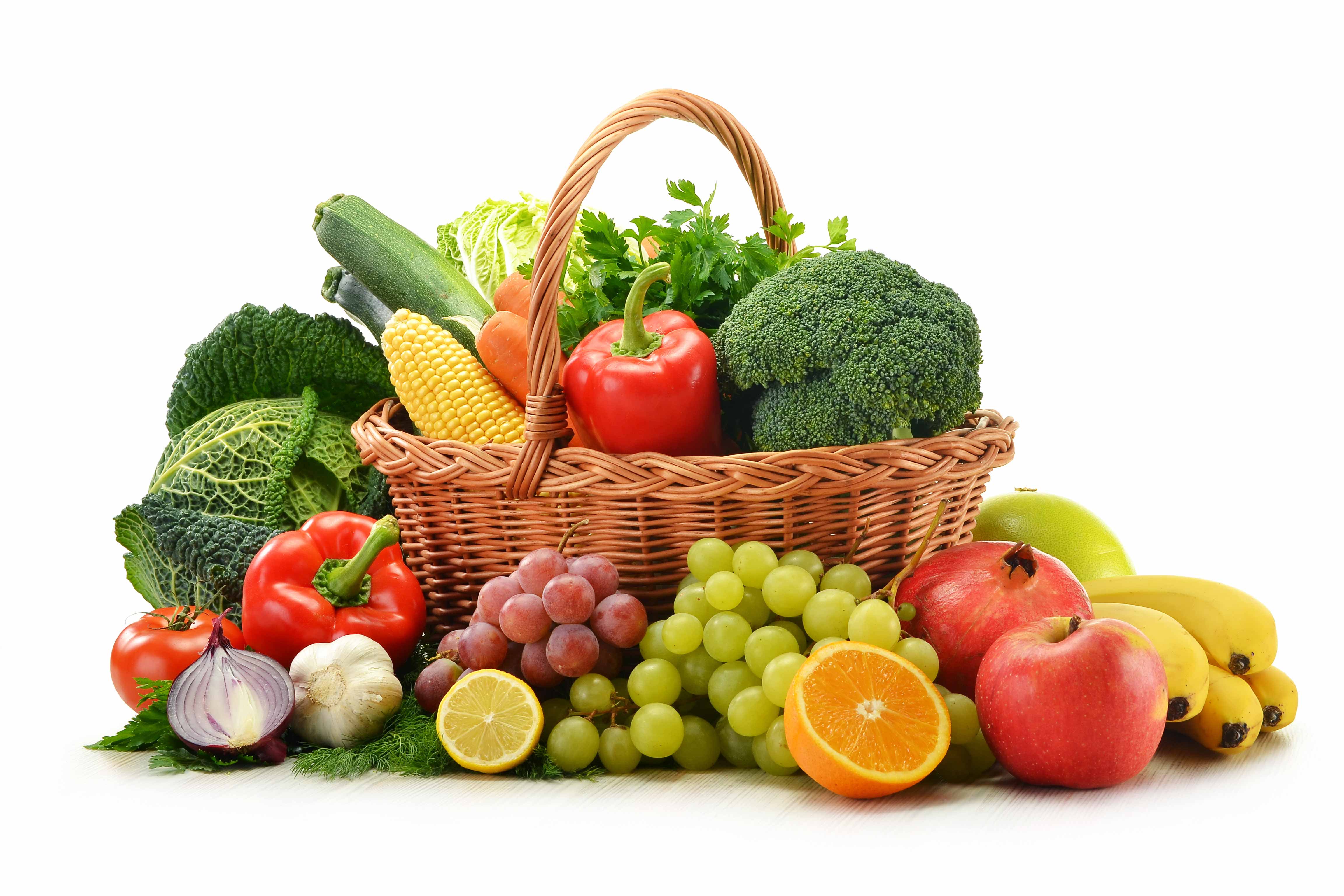
Fresh Organic Fruits and Vegetables - Healthy Food Stock Photo - Image
